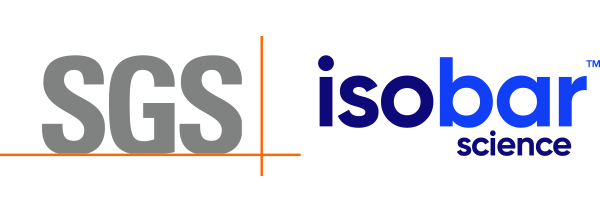On-demand Webinar – Bone Samples in Archaeology
View our on-demand webinar on Isotope Applications: Bone Samples in Archaeology. Topics include when to use radiocarbon dating versus uranium-thorium dating.
This author has not written his bio yet.
But we are proud to say that Haley Gershon contributed 9 entries already.
View our on-demand webinar on Isotope Applications: Bone Samples in Archaeology. Topics include when to use radiocarbon dating versus uranium-thorium dating.
Isobar’s webinar on migration studies and geographic origin will focus on lead isotopes for tracking origin and trade of metal artifacts in addition to using strontium isotopes to track diet.
Isobar Science and Beta Analytic’s webinar on sediments focuses on dating & environmental reconstructions. This complimentary webinar takes place on December 2, 2021 at 12:00 PM Eastern Time (US and Canada).
Sediments used for climate and environmental reconstructions come in many different forms (including lacustrine, marine, peat, terrestrial and aeolian deposits) and can be characterized by their grain size, shape, sedimentary facies, chemical and biological composition and accumulation/sedimentation rate.
U-Th dating can be used to date various sample types including cave deposits/speleothems, corals, shells, bones and carbonate layers in sedimentary successions.
Isobar Science and Beta Analytic’s bones webinar focuses on C-14 and U-Th methods for bone samples. Topics include optimal sample types, common issues, and how to prepare bone samples for isotopic analysis.
Paleoclimate archives are generally dated using two main methods: radiocarbon and uranium-thorium dating. 14C dating tends to be more accurate, however, it can only be used on samples that are less than around 50,000 years old. Whereas U-Th dating can be used for the last 500,000 years.
Stable and radioactive isotopes can be analysed in groundwater and surface water samples in order to assess the magnitude and origin of pollution, rate of pollution infiltration into the environment, and timing of water interactions with the atmosphere.
Isobar Science and Beta Analytic’s paleclimatology webinar focuses on the importance of C-14 and U-Th dating in paleoclimatology, and how archives can be used to reconstruct past climate.
